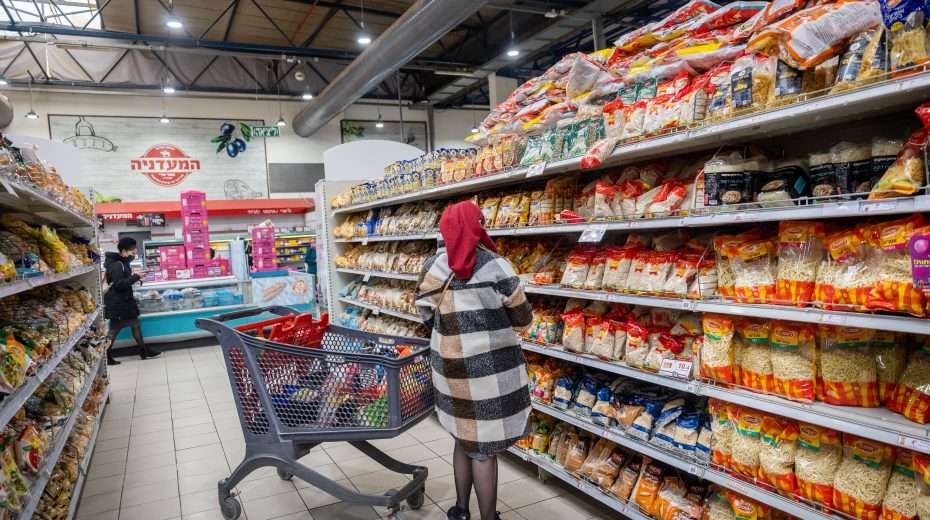Following a series of announced price hikes and repeated reports on the high cost of living in Israel, Prime Minister Naftali Bennett held a press conference on Wednesday together with Finance Minister Avigdor Liberman and Economy Minister Orna Barbivai to present the government's response.
It would seem that growing protests over this issue have been successful. A few days ago, food conglomerate Ossem announced that it would not increase the prices of its products at all this year. Given that Israel is a small country with limited market competition, a number of other food companies and importers followed suit and said they, too, would not raise prices this year.
In addressing the nation, Prime Minister Bennett stated:
“Tonight we are announcing cuts in taxes for working families, as well as cuts in tariffs and prices on a range of products. Tonight I want to tell you the story of a family – the Gonen family. For years the Gonen or Levy or Edry family gave and gave. The parents served in the army and pay taxes. The family has stood their ground through good times and bad. They are good people who get up every morning, take care of the children, send them to school and other activities, and then go to work. These are working families.
“The Gonen family give and give and stare in frustration at the supermarket bill, which is becoming unaffordable. They look at the taxes that have eaten up their income for many years. In recent weeks, with prices rising around the world, many families in Israel feel enough is enough; you have reached the red line.
“Our government has put these people, these working families, at the center of efforts to both increase income and decrease costs.”

The plan presented yesterday is intended to significantly increase the monthly net income of working families, i.e. families in which both parents work. However, only if they have children between the ages of 6 and 12, an age when the children cannot be left alone. Effective for this year, there will be a reduction of 223 shekels (about $70) in income tax for each parent per child. So if you have three children in this age group, according to the plan, you will have 1,338 shekels more each month. That does indeed help.
In addition, tariffs and prices are to be reduced for a number of staple and other important goods, including meat, fish, flour, eggs, furniture and kitchen utensils. The planned increase in electricity prices might also be subsidized by the government. And workers who earn less than the national average income will receive 20 percent more support from the state.
Now all we have to do is wait and see if the plan announced here will actually make Israel a slightly less expensive country and prices will actually come down. Because often the reductions in import duties are not passed on to the consumer.
Finally, good news from the Sea of Galilee. The water level has risen significantly due to the impressive winter rainfall. And, in contrast to the prices, this may well continue to rise. The water level is now at -210,075 meters, only 1,275 meters away from the upper red line.















